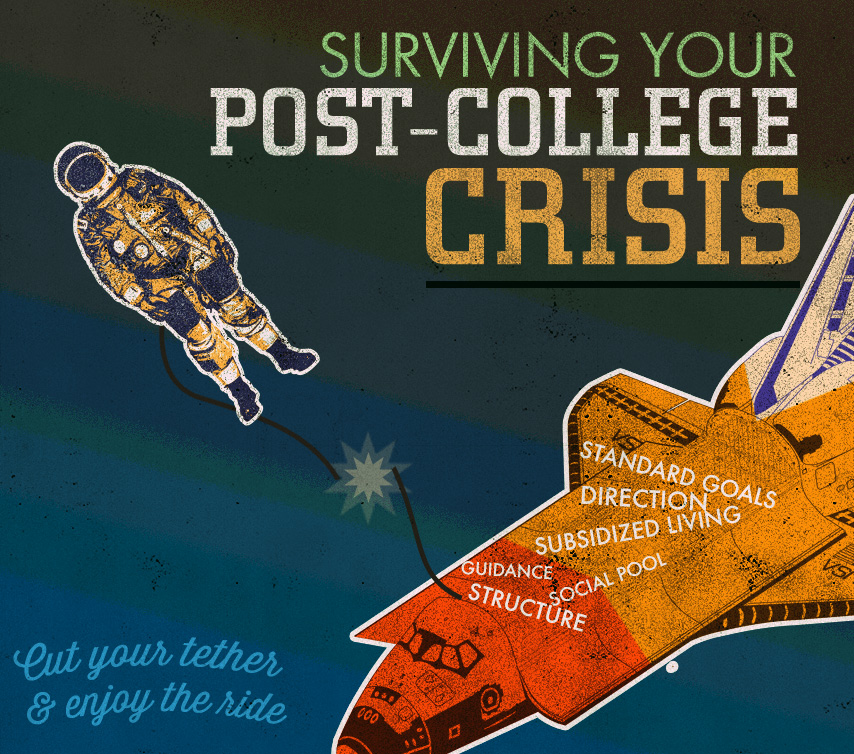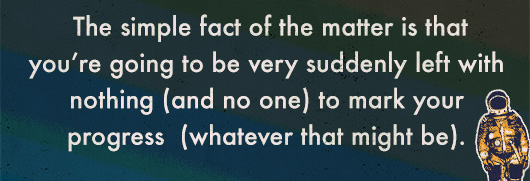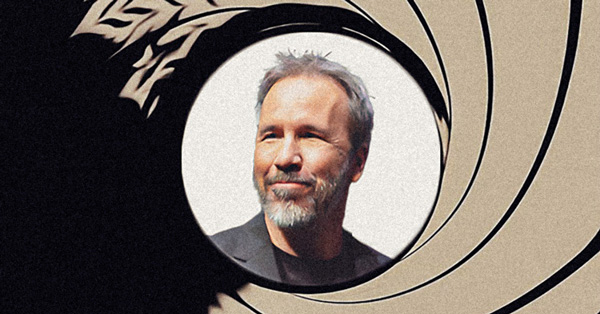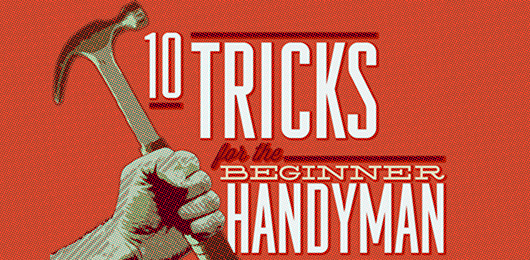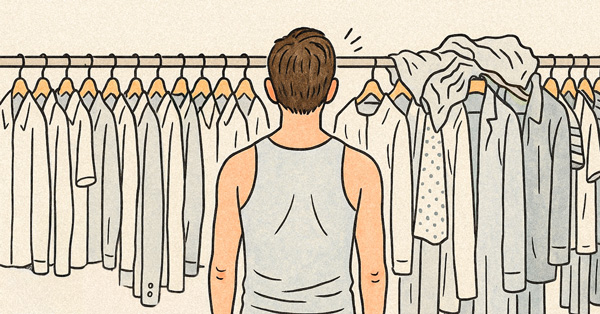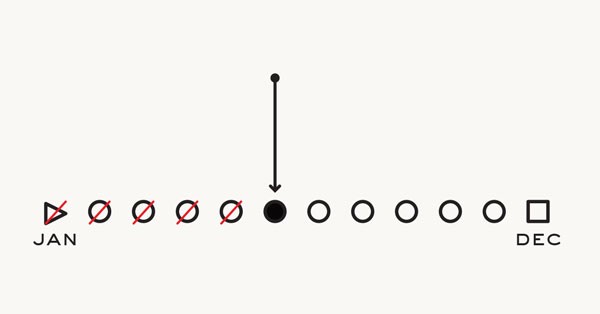I’m not going to lie, your first couple years out of college are going to be tough. You’re being expected not only to make it on your own (a struggle in itself) but to do so in one of the most turbulent economic times in recent memory. Combine this with the host of changes that most folks forget to warn you about and you’ve got some rough seas to navigate by anyone’s standards.
While nothing I say is going to offer any escapes or immediate and painless solutions to these problems, just knowing what’s ahead and being able to articulate what it is that’s driving us crazy should do us all a world of good.
Let me break it down for you here.
Loss of Community
Community is something we generally take for granted and never truly appreciate until we’ve left it behind. Our individual networks of family, friends, and peers help give us a sense of belonging. Heck, even our rivals and antagonists help us realize, that for good or bad, we’re at least something to someone.
Most of that is going to be going out the window once you strike out on your own.
Yes, social media helps us stay in touch with our communities, but as you’ll quickly discover, they’re no replacement for the real thing. You will be for the first time completely on your own, and probably not ready for the sheer baffling anonymity you’ll be experiencing in the first few months. Even the most adventurous of us are going to have to grapple with a very real sense of isolation. For those of you moving from a small town to a major city you can expect this feeling to hit you especially hard, though of course the reverse can be true as well.
As with everything, all the small things start to add up. Even if you’re just moving from one end of town to the other, everything which made home home is still going to be missing. Simple fact of the matter is that being homesick is going to be an inevitable part of growing up.
The good news, however, is that it’s not going to last forever. You will eventually establish yourself, adapt to your surroundings, and, as hard as it is once you’ve left college, even make new friends (Dave Odegard’s article on the subject is a great place to start). It’s going to take effort, but you will overcome it.
Loss of Guidance
Of course, it’s not just familiarity and self-identity that you’re leaving behind but the general support that comes along with it. Even the most fiercely independent can only be so prepared- truth is you’re going to be thrown a curveball almost every day. I know in myfirst couple of years I was constantly (and still am) running up against questions like “Am I getting swindled where I’m taking my car in for repairs?”, “Am I filling out this tax form correctly?”, “Should I try to contest my ticket in traffic court or should I just pay the fine?”, and “Is it worth trying to stand up to my boss on this one issue?”. Things so utterly situational that not all the Google searches in the world would be able to give me a full plan of action; things so basic that I’d feel dumb asking anyone I knew for advice about them.
Truth be told, it gets tougher to ask for help once you’ve broken 21. Some of this is due to the people we used to rely on just not being as available as before, but a hefty portion of it is going to boil down to pride. We’re here, after all, to prove ourselves as competent, independent adults capable of surviving on our own. Even with shifts in our culture there’s still a lot of pressure for young people – young men in particular – to blaze their own trail, and the accusations that this generation is “lazy” or “entitled” don’t do much to help.
Embarrassment and shame at any failure or weakness, real or imagined, prevent us from seeking out the help or correction we need, and perhaps that’s ultimately why these comparatively small annoyances and issues wind up giving us so much grief. We’re suddenly dealing with them completely on our own with little or no recourse.
And that’s just another painful but integral part of growing up: Having your pride broken over and over. As much as that’s going to sting, it’s still less painful than having to learn things the hard way. Bite the bullet and realize that your pride will heal.
Loss of Direction
As crazy as life seemed before you headed out on your own, you could nevertheless count on having milestones all around to help you get your bearings. Be they mid-terms or sophomore year or your driver’s license or drinking age (at long last), you always had an idea on where you stood as a young adult. You could concretely tell what you had completed so far and what was up ahead of you.
Don’t be expecting that to be true once you’re out of college.
Yes, we do still have certain boxes left to check off – a house, a family, kids – but more and more it’s becoming nebulous just exactly when you should have those taken care of (and that’s only if you need to take care of them at all). The simple fact of the matter is that you’re going to be very suddenly left with nothing (and no one) to mark your progress (whatever that might be).
For some people that’s going to be a relief, but honestly, for most of us that’s going to be quite jarring. Today it’s a question of taking a job that we can survive on, not one related to our major or whatever career plans we used to have. When every month just comes down to paying your bills it can definitely feel like you’re just stagnating.
Of course, that’s just for those of us who even have a particular long-term goal in mind, something the economy doesn’t exactly lend itself to. And with no way of “measuring” yourself, you might fall into thinking that there’s just nothing there to measure. In addition to those feelings of isolation and helplessness, hopelessness (I don’t think that’s too strong of a word) can be a danger as well.
Again, this is something we’re going to grow out of. One way or another we’re going to carve out a sense of purpose in life, it’s just going to take a little while for that to happen. In the meanwhile though, set a goal, any goal, for yourself. Working out, reading more, hammering out that novel – if nothing else, the simple act of progressing towards something will help keep you sharp while you try to endure this trying time. When the smoke clears, you’ll be able to emerge from the battle stronger and more capable than when you entered.
Loss of Compulsion
Even while it’s a temporary state, when we’re left without a destination to move towards a lot of us will just give up trying to move at all. Continued development (academic, social, and personal) can often become neglected. I’ve mentioned that we can combat this through self-discipline and perseverance, but of course what makes this easiest (heck, inevitable) is just having friends.
Think about it. How many things do you do or appreciate today that you were introduced to first by friends or acquaintances? How many places that you wound up having fun at were places your buddies first had to drag you to? Even the bad experiences which you got pushed into by your peer group were probably experiences that still developed you. The sports you played, the interests you developed, the trouble you got into – how much of that was directly a result of you having friends? I’d even guess that most of your habits, good and bad alike, were deeply influenced by the people who you associated yourself with. Again, we’re talking about the past 20 or so years of nonstop development and experience, academic, social and personal, all coming to a sudden, inexplicable halt.
Involvement with other people, whether you bond with them or not, is still important to helping you keep building yourself. It’s probably the last thing you want to hear after a long day of hard or thankless work, but consider volunteering somewhere. Find yourself a commitment to drag you out into the world every day and keep you experiencing new things.
I’m seeing too many of us, when faced with the isolation, chaos, and stagnation that these losses bring, try to opt for grad school or the military, or a program like the Peace Corps. I get why these are tempting, and don’t get me wrong, I’m not saying they aren’t noble pursuits. I’m just seeing too many of my peers enrolling or joining up for the wrong reasons, and failing to understand that ducking these issues for four years isn’t going to make these problems disappear. As painful and confusing as these losses are, they areessential to our growth, and the simple awareness of that, if nothing else, is going to help you through it. Plant your flag, draw your line in the sand, and remember always that you’re not soldiering through this alone.



